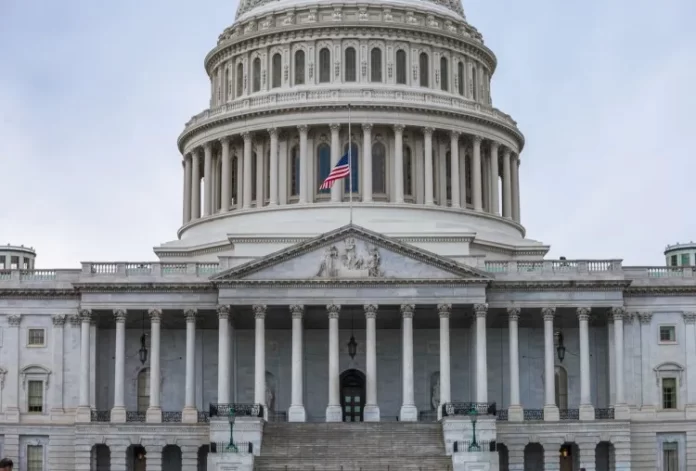A joint letter from 450 U.S. companies, including SpaceX and Amazon’s Kuiper satellite unit, urged Congress on Tuesday to continue funding the National Oceanic and Atmospheric Administration’s Office of Space Commerce, warning that cutting the office’s budget would increase risks of satellite collisions and drive up costs for the space industry.
The Biden administration has proposed slashing the office’s funding by 84% in 2026, effectively shutting down its civilian satellite traffic program, known as TraCSS.
The companies said that without TraCSS, commercial and government satellite operators would face greater risks and might consider relocating operations overseas. They added that the office provides a basic safety service that should remain under government control.
The U.S. currently relies on the military’s Space-Track database to manage satellite traffic. Industry officials argue that the task should shift to a civilian agency to avoid mixing safety operations with national defence functions.
The Office of Space Commerce began that transition in 2020, under direction from the Trump administration, and has already released a test version of TraCSS ahead of a full launch next year.
The letter follows the White House’s decision to cut the office’s funding from $64 million to $10 million. The administration said private companies have the technology and business models to manage space traffic independently.
However, two major industry groups, the Commercial Space Federation and the American Institute of Aeronautics and Astronautics, argued in a separate letter to Congress that satellite tracking and safety should remain a public responsibility.
Analysts say the move could affect the U.S. role in shaping international space traffic rules. China and the European Union are developing their own systems, and without a U.S. platform in operation, American leadership in setting global standards could weaken.
The U.S. space industry has grown rapidly with the rise of large satellite constellations like Starlink. This growth has increased the need for coordination to avoid collisions with other satellites and debris.
Industry leaders say losing TraCSS now would create a gap in safety oversight and reduce trust in U.S. space governance.




